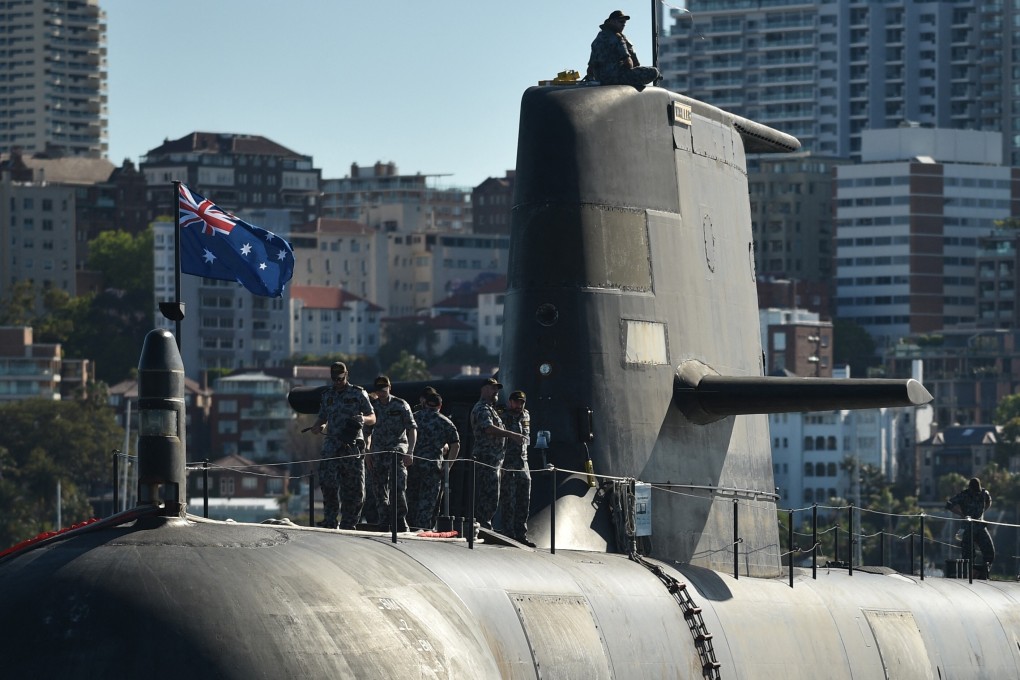Advertisement
Opinion | Aukus reveals much about how the West really sees Southeast Asia
- For the US, the pact revitalises its ‘pivot to Asia’, for the UK it projects a ‘global Britain’, and for Australia, it poses more questions than answers, including about nuclear proliferation
- It also betrays unfortunate assumptions about the region’s ability to maintain its own security and highlights America’s one-dimensional focus in competing with China
Reading Time:3 minutes
Why you can trust SCMP
69

The Aukus security pact involving the United States, Australia and Britain is not the first time that Western allies have united to project security cooperation in Southeast Asia.
There was the Southeast Asia Treaty Organisation (Seato), set up to combat the threat of communist ideology from China in 1954, and later, the Five Power Defence Agreement (FPDA), which still exists today and is about to mark its golden jubilee. The Five Eyes alliance, originally focused on intelligence sharing, has sought – with the exception of New Zealand – to project a unified view on China’s rising influence.
But Aukus has cast an unwelcome shadow on the region for several reasons.
Advertisement
Aukus, which grants Canberra the technology for nuclear-powered submarines, is clearly an intervention by superpowers outside Asia to protect their national interests. For the US, it represents an ongoing effort to revitalise the “pivot to Asia” strategy initiated by ex-president Barack Obama. For the British, Aukus is part of its post-Brexit strategy to project a “global Britain” and uphold its alliance with the Americans.
For Australia, its embrace of the pact has sparked more questions than answers. It is unclear why it needs nuclear-powered submarines, which are only expected to be ready by the late 2030s, in the first place. Is the concern over an open conflict in the region if Beijing moves to reclaim the self-ruled island of Taiwan by force?

03:51
US, UK, Australia announce ‘historic’ military partnership in Pacific
US, UK, Australia announce ‘historic’ military partnership in Pacific
To expedite the building of the submarines, Australia is expected to base the boats on an existing design. Will it choose from the American Virginia-class submarines or Britain’s Astute-class boat? But as Australia does not have a commercial nuclear power programme, how will it maintain a nuclear-powered navy without the high- or low-enriched uranium for the submarines?
Advertisement
Select Voice
Select Speed
1.00x
